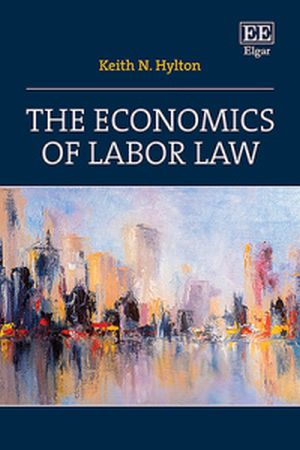
In terms familiar to economists, this book provides a positive theory of labor law and dissects the fundamental theoretical issues that shape labor law doctrine. It investigates the deep economic tensions influencing judicial opinions in labor law, and how these can predict the outcomes of relevant legal doctrine and determine whether it accomplishes its regulatory goals.
Keith Hylton explores major philosophical approaches in the labor movement as well as the economic pressures that have impacted the growth of unions and the evolution of labor law. Hylton examines core issues including union organization, labor bargaining, labor law successorship, and the interaction between labor and antitrust laws. He questions whether the decline of unions will change employment and labor laws, and whether it is possible for the law to reverse or slow the decline in private sector union density. The central thesis of the book is that much of labor law doctrine is economically efficient, minimizing the costs of the bargaining relationship between the employer and the union.
The Economics of Labor Law is an invaluable resource for students and scholars of labor and employment law, and law and economics. Practitioners will also benefit from its detailed account of how economics can provide a more solid foundation for labor law doctrines.